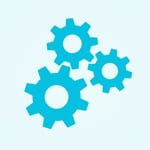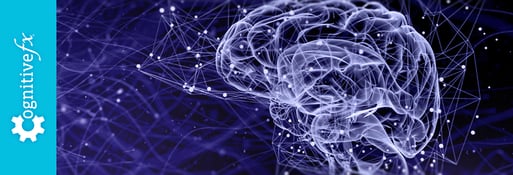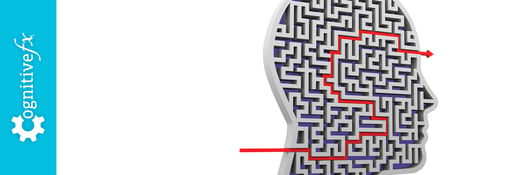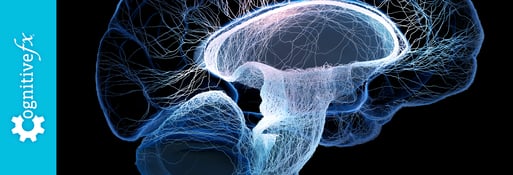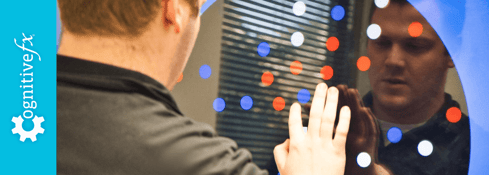Headaches can be a tricky symptom to address. They are often one of several symptoms that may present itself after a concussion or traumatic brain injury (TBI). On another hand, headaches are not a requirement to support an actual diagnosis in a TBI or post-concussion symptoms (PCS).
Headaches are in the top 10 symptoms that Cognitive FX treats for those dealing with post-concussion symptoms, and brain injuries.
There are many causes of headaches that range from acute and chronic injury (TBI), muscle and fascial tensions/restrictions, and disrupted normal brain function and more. Headaches can also bring on a variety of other symptoms such as nausea, dizziness, vision disruptions, aggravation, and fatigue. There are many different factors that can come into play when looking at resolving headaches, and pain from headaches, including physical and environmental factors.
Potential physical contributions to headaches:
- Tension in specific muscle groups (specifically neck, shoulders, mid-back)
- Active trigger points with referral patterns
- TMJ
- Structural injury or conditions in vertebral column (disk bulge/herniations, degeneration, etc)
- Misalignment and or instability in atlantoaxial complex
- Postural, biomechanical, and or muscle imbalances
- Dysregulation of neurovascular coupling from brain injury
- Hormonal and chemical imbalances
- Sinusitis
Potential environmental factors:
- Poor sleep hygiene and environment
- Mismanaged stress levels
- Irregular eating patterns
- Poor food choices
- Dehydration and beverage choices
- Workplace and school environments
- Lack of exercise/physical exertion
- Allergies (food, pet, pollen, etc)
What are a few things I can do to manage or decrease headaches?
While common, getting to the source of headaches can be challenging. There are many therapies used to treat and completely diminish headaches. As therapies are incorporated, it is important to recognize as you recover from your brain injury to manage and monitor daily life stress levels, create a healthy sleep routine and environment, follow a nutrient dense diet and hydration routine, and make exercise a habit in whatever busy lifestyle you carry. These simple habits create a feeling of well-being and can diminish severity and longevity of headaches.
A consistent exercise routine can also be helpful in managing headaches and is of upmost importance. Yoga for example, is a helpful way to incorporate lengthening/stretching of tension in muscles and regaining or increasing range of motion. Pilates or even strength training for example, can create or re-educate faulty postural habits and also ease muscle tension. Exercise in general can also help regulate stress and hormonal levels, increase oxygen uptake in our neuromuscular systems, excite neurotransmitters, and reintroduce normal and/or lost motor functions.
Finally, neuromuscular therapy, consistent massage, and even acupuncture can also offer relief of headaches. Identifying and treating specific muscle groups that house tension, contain active and referring trigger points, or provide faulty postural biomechanics or muscle imbalances is a sure way to provide positive results in headache treatment.



